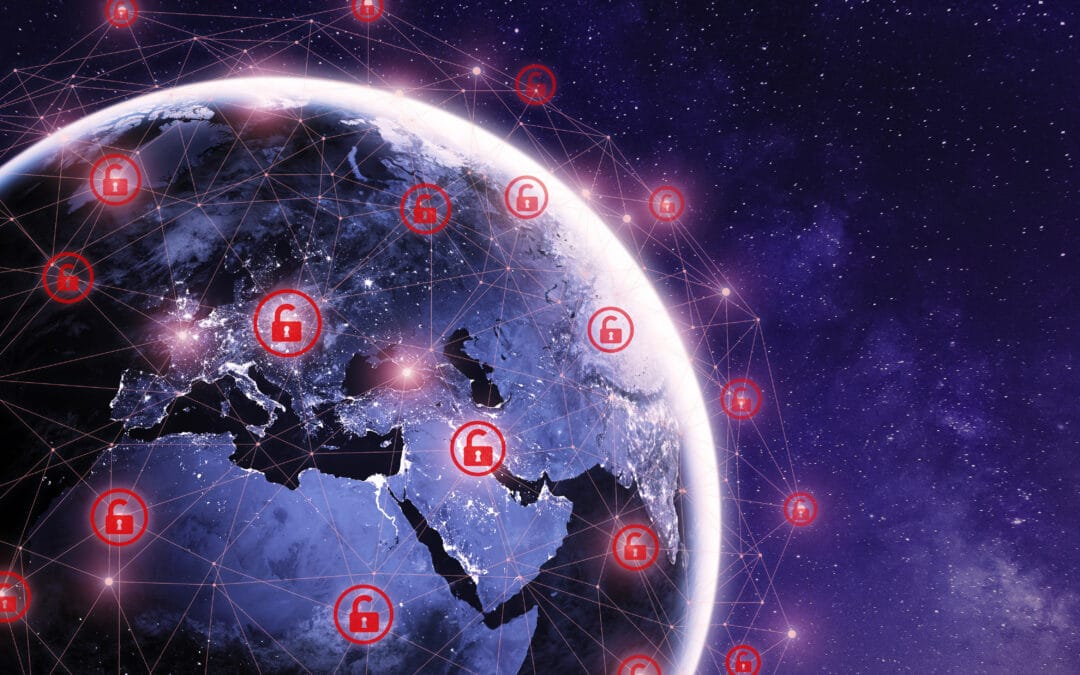
by Kathleen L | Mar 23, 2022 | Uncategorized
CISA (The Cybersecurity and Infrastructure Security Agency) is warning organizations that Russia’s invasion of Ukraine could include malicious cyber activity against the U.S. and stated that “evolving intelligence indicates that the Russian Government is exploring options for potential cyberattacks”. CISA asks that organizations report any malicious cyber activity. Additionally, during this time, every organization should adopt a heightened cybersecurity posture to be prepared to respond in the event of a cyber incident.
CISA provides recommended actions and resources to reduce the likelihood of a cyber intrusion, quickly detect a potential intrusion and ensure the organization is prepared in the event of an incident. These actions include but are not limited to:
- Require MFA for all remote, privileged, or administrative access to the organization’s network.
- Ensure all software is up to date (prioritizing known exploited vulnerabilities identified by CISA).
- Disable all ports and protocols that are not essential to the business.
- Confirm the organization is protected by antivirus/anti-malware software and update signatures in the tools.
- Routinely test backup procedures and have an incident response plan in place.
- Conduct employee awareness training to educate all personnel on how to prevent and spot a cyber-attack and improve your organization’s overall digital wellness.
- Do not click any links that seems suspicious.
If you have been neglecting your digital hygiene, now is the time to get back on track, CISA advises organizations to plan for the worst-case scenario. Reference the recommended actions and materials provided by CISA and keep your organization educated and up to date on the potential risks and the importance of digital hygiene at this time.
by Kathleen L | Mar 11, 2022 | Uncategorized
The healthcare industry has been digitally transforming over the past few years, especially due to the global pandemic. With this increase in technology comes an increase in risk and greater difficulty protecting patient privacy. Healthcare providers already have many crucial components to manage such as patient privacy and care, as well as the numerous compliances and regulations. Now that cyber-attacks are on the rise, healthcare providers are also working to keep their data and systems secure, but cybercriminals are taking advantage of this busy time.
Cybersecurity is a bit different and more complicated when it comes to healthcare and medical data. There are more digital systems than we typically realize. Patients fill their prescriptions and schedule appointments online. Not to mention heating, ventilation, air conditioning, infusion pumps, and many other systems that can be compromised by cybercriminals. The impact of a ransomware attack on healthcare data will be a much larger than most other industries because the data is extremely sensitive, and lives depend on it.
According to Deloitte experts, the primary concerns for the healthcare industry are phishing, man-in-the-middle attacks, attacks on network vulnerabilities, and ransomware. To combat these types of attacks, clinics need to incorporate employee cybersecurity training, so that employees are educated on digital hygiene and know how to spot a threat. Clinics should also focus on data usage control, by monitoring, blocking, and logging any malicious activity, as well as implementing strict access rights (based on least privilege). Additionally, with mobile phones, apps, and other devices being more commonly used by administrative personnel, it is crucial to monitor any remote devices and disable any nonessential accounts. Businesses in any industry should be incorporating MFA, regular backups, and regularly updating software.
The healthcare industry is growing rapidly, and so are cyber threats. If clinics can execute these security measures and keep up with them, they will be in a much better place to withstand any threat that arises and keep their data and patients secure.
